Play the Game
DOI:
https://doi.org/10.35305/23626097v5i9.186Palabras clave:
obra pública, Colombia, concursos, proyecto vinculante, planificación estratégicaResumen
El ensayo es una reflexión sobre lo que significa ser arquitecto, articulada en dos partes. La primera, autobiográfica, indaga en el sentido de la profesión, anclada en la capacidad de hacer preguntas desde la infancia misma, de definir conceptos y de identificar las particularidades de cada grupo social. La segunda relata la particular situación de la obra pública en Colombia desde hace dos décadas donde los gobiernos han apostado a la obra pública, como modo de combatir la desigualdad social y como modo de aceptación y legitimación. Se subraya y expone la existencia de un mecanismo abierto para el acceso a estos grandes encargos permite que sean elegibles arquitectos independientemente de su edad y experiencia. Se exponen en esta clave proyectos propios y ajenos que se contextualizan a partir del efecto de los modelos Bogotá y Medellín. Estas ciudades han evidenciado otro modo de destinar el gasto público, ampliándose hacia todo el territorio y produciendo un giro en la condición natural de la actuación de un político de la mano de la arquitectura y particularmente de los concursos.
Descargas
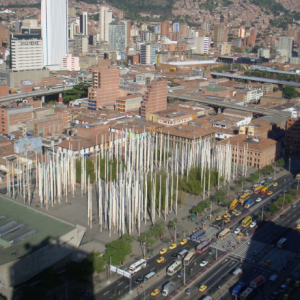
Descargas
Publicado
Cómo citar
Número
Sección
Licencia
Política de acceso abierto
A&P Continuidad es una publicación de acceso abierto y sin ánimo de lucro. A partir de la Declaración de México la revista se distribuye bajo una Licencia Creative Commons CC BY-NC-SA de Atribución – NoComercial - CompartirIgual 4.0 Internacional: “No se permite un uso comercial de la obra original ni de las posibles obras derivadas, la distribución de las cuales se debe hacer con una licencia igual a la que regula la obra original. Esta licencia no es una licencia libre."
A&P Continuidad autoriza la reproducción parcial o total de los textos y gráficos siempre que se cite la procedencia. Los criterios expuestos en los artículos son de exclusiva responsabilidad de sus autores y no reflejan necesariamente la opinión del Comité Editorial ni de la Dirección. Los derechos de los artículos publicados pertenecen a sus autores o editoriales.
Cesión de derechos
La aceptación de un artículo para ser publicado implica la transferencia de derechos del autor a la revista. Los autores conservan el derecho de usar el material en libros o publicaciones futuras y de aprobar o vetar la republicación de su trabajo, así como los derechos derivados de patentes u otros. El formulario de cesión de derechos puede descargarse aquí.



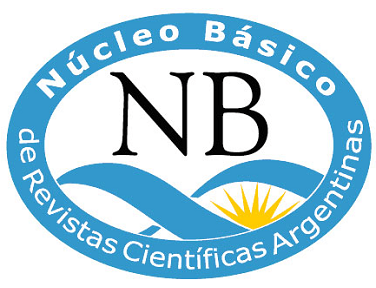






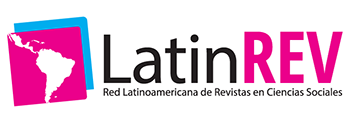

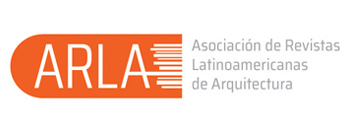
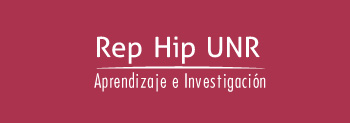



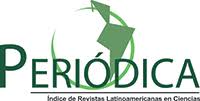








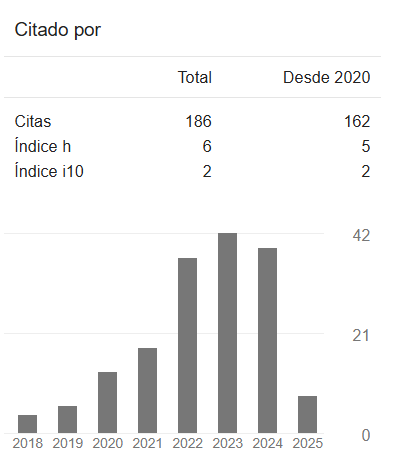


 Esta obra está bajo una
Esta obra está bajo una 

